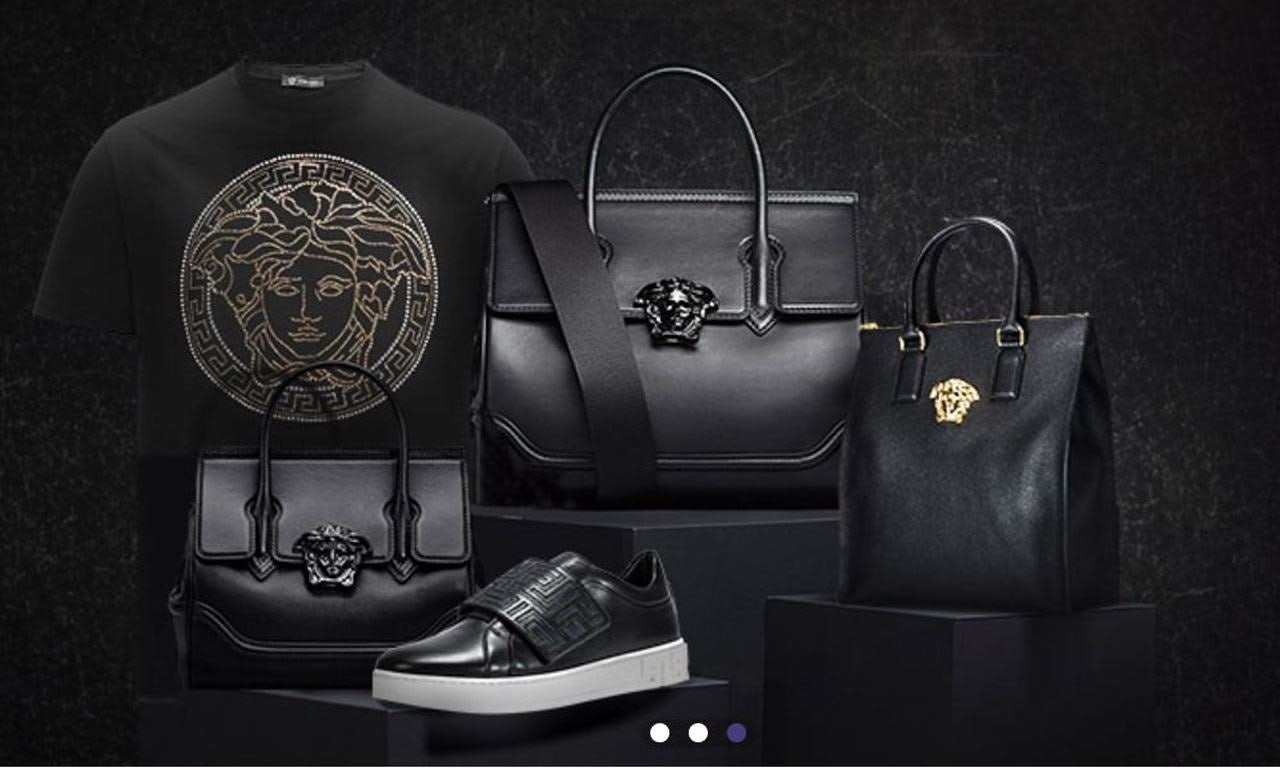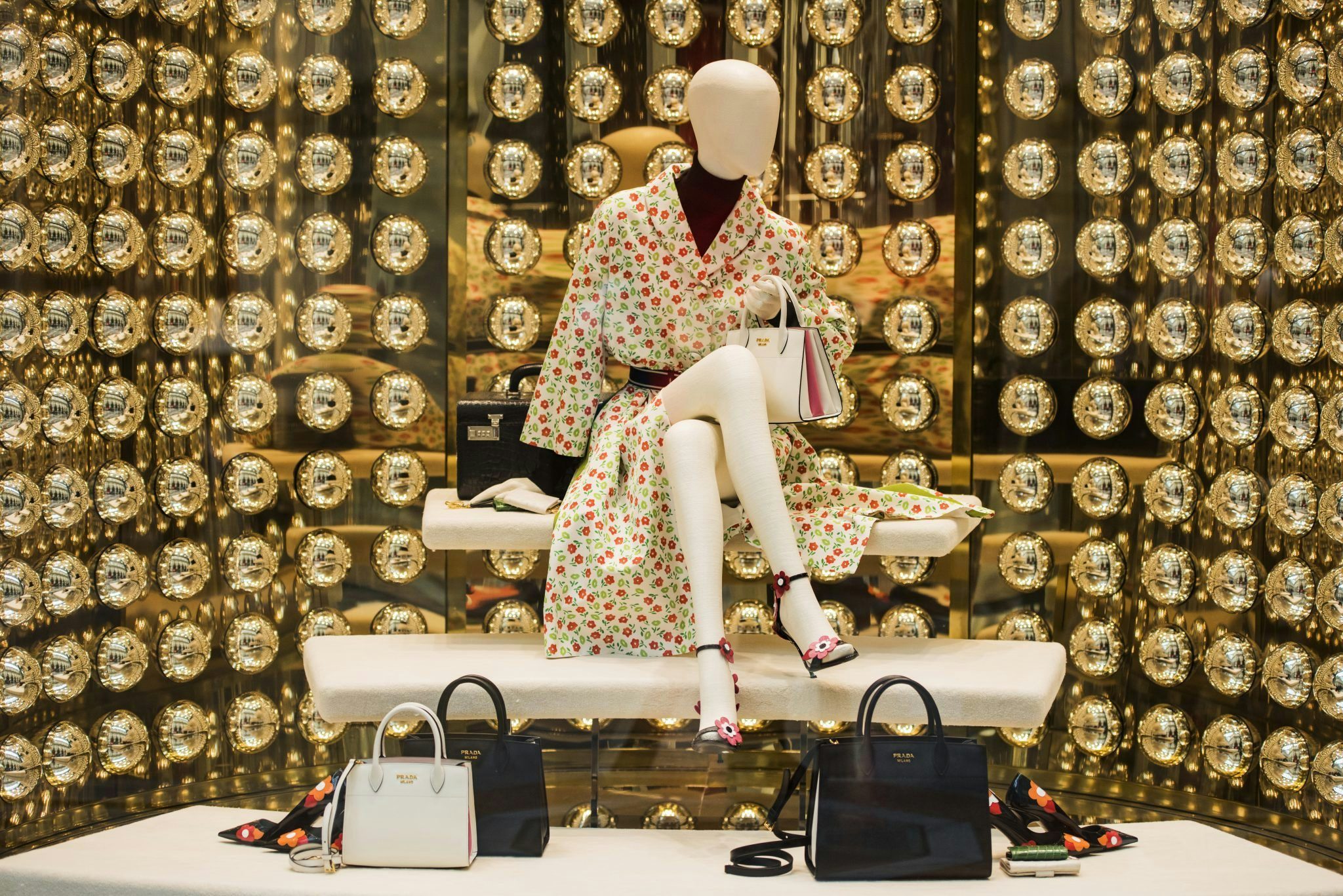Update: September 22, 2017#
China's leading luxury e-commerce company Secoo Holding officially went public on the U.S. Nasdaq Global Market on September 22. The company offered 8.5 million American Depositary Shares to the global investors, which were priced between 11.5 and 13.5, sending the listing's valuation to around 640 million.
Though its specialization in the niche luxury business has made profitability a challenge for Secoo—at least for now—Christopher Beddor, the author of Reuters’ Breakingviews column, wrote that day that Secoo’s shares “may be a premium purchase.”
Beddor reasoned that Secoo is operating in China’s luxury market, which is burgeoning. Furthermore, major local competitors such as Alibaba Group and JD.com still have some prominent issues (counterfeits and a mass-market image, respectively) that prevent them from completely dominating the market. The local edge, thus, gives the company a relatively bright future.
Secoo Holding, a leading Chinese luxury e-commerce company, filed with the U.S. Securities and Exchange Commission (SEC) on August 25, aiming to raise up to 100 million in an initial public offering (IPO). According to the filings, it plans to list on the Nasdaq under the symbol "SECO." Currently, no pricing detail was disclosed.
Secoo's IPO application comes amid intense competition between the country's top two e-commerce giants Alibaba Group and JD.com for positioning in the luxury market in China. As a platform that has focused on luxury retailing since its inception, Secoo has an edge in this area.
Secoo was initially founded in Hong Kong in 2008 by Richard Rixue Li and Zhaohui Huang. In 2011, it officially stepped into the online luxury e-commerce business. Over the past seven years, the company has grown into an upscale online retailer with great significance for international luxury brands in China.
In a July report by the investment company Exane BNP Paribas, the head of the luxury division Luca Solca listed Secoo, along with Alibaba's Tmall, JD.com and WeChat, as major local champions dominating the luxury landscape in China.
Secoo identifies itself as an "emerging growth company" under applicable U.S. federal securities laws, with a lot of growth potential in the online luxury retailing sector in China, according to the filing documents.
The site currently has 15.1 million registered members as of June 30, 2017. These consumers have demonstrated great purchasing power that allows them to spend more than 3,500 yuan (528) per order, which is higher than the majority of e-commerce sites in Asia. Those members can shop over 3,000 international and domestic brands on the site.
The company reported a 49 percent growth in net revenue to 2,594-million yuan (391 million) in 2016, even though it had a net loss of 45-million yuan (6.8 million) during the same period. In the six months ending June 30 this year, Secoo had reversed the loss to gain a profit of 52-million yuan (7.8 million).
The luxury e-tailer is also pioneering China's online-to-offline (O2O) commerce revolution. It is one of the early e-commerce players attempting to create seamless digital and physical luxury shopping experiences for Chinese consumers. Secoo launched its first offline experience center in Beijing back in 2011, and unveiled its website and mobile app the same year. During the past two years, it continued to set up offline experience centers in international locations including Shanghai, Chengdu, Hong Kong and Malaysia.
On the digital front, Secoo has taken a lead in enabling Alipay and WeChat Pay, installment payments, online appointments and many other luxurious lifestyle services to buyers.
The company is also the exclusive distribution channel for certain products and brands in China. For example, it started the collaboration with Tod's in 2016 to exclusively sell some of the brand's customized items to Chinese consumers. It is also the exclusive authorized retailer of Versace and Salvatore Ferragamo.


